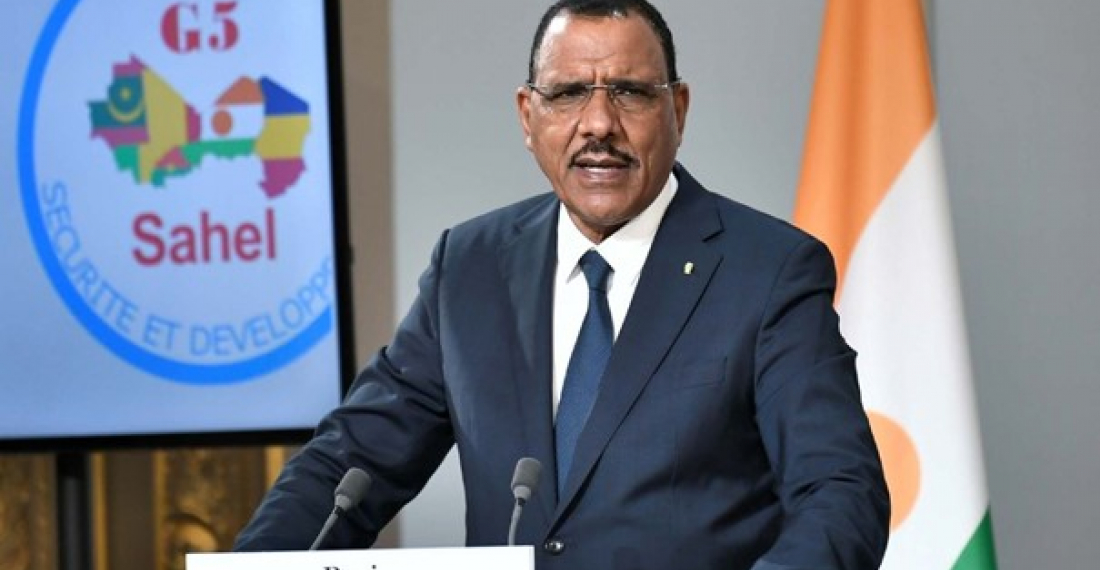In an interview conducted by the Al Jazeera channel earlier this week, Niger's President Mohamed Bazoum discussed his diplomatic and military relations with France and European countries, as well as the growing jihadist threat in the Sahel.
The election last year of this former philosophy professor turned politician was the first transfer of power between two democratically elected presidents since Niger's independence in 1960.
Looking at France's military involvement in the Sahel for almost ten years now, President Bazoum was asked whether the French military operation in the region should be judged a success or not.
The President first explained that Sahelians should understand that the French military operation Barkhane has never had the objective of solving the terrorist problem in the Sahel on its own, but rather to accompany the fight against terrorism in the region with local forces. He then listed the little-publicised successes of Barkhane, which has eliminated more than 2,800 terrorists in the Sahel, several leaders of jihadist organisations such as Droukdel - leader of AQIM in Algeria - and Adnan Abu-al-Sahraoui - leader of the Islamic State in Greater Sahara.
Although President Mohamed Bazoum considers the French military operation in the Sahel to be a success, he said he never thought of Barkhane as a replacement to the local armies. He recalled that the local armies, i.e. Burkinabe, Malian and Nigerien, played and will continue to play the main role in the fight against terrorism. For Bazoum, the 2,800 terrorists eliminated, and the organizations deprived of their structures since the death of their leader have made it possible, thanks to the French, European and Sahelian alliance, “to tip the balance of power in the region”.
Following the departure of French troops from Mali, which effectively signals the end of the Barkhane operation in Mali, President Bazoum spoke of Niger's role in the redeployment of French forces in the Sahel.
The 62-year-old President said he was ready to welcome French and European partners on Nigerien soil as long as these partners have a “consistent plan”. He nevertheless recalled that nothing can be taken for granted, given nobody has a precise idea yet of how the forces will be redeployed in the region.
The potential relocation of French and European forces to Niger, would make Niger the focal point in Sahel fighting armed groups affiliated with al-Qaeda and ISIL.
The anticipation of this relocation risks making Niger a key point for terrorist attacks, according to several regional experts, but President Bazoum puts the situation in perspective. He says it would be surprising if some countries were deliberately targeted more than others, and it is even less likely that Niger will be affected by this change any time soon: with the departure of Barkhane and Takuba, al-Qaeda and ISIL affiliates are likely to consolidate their power even further in the north of Mali, which means more attacks are likely to occur there.
As for the growing discontent of the Nigerien population with the presence of foreign troops in the country, President Bazoum dismissed this attitude as the result of the exploitation of a different situation by the social media.






